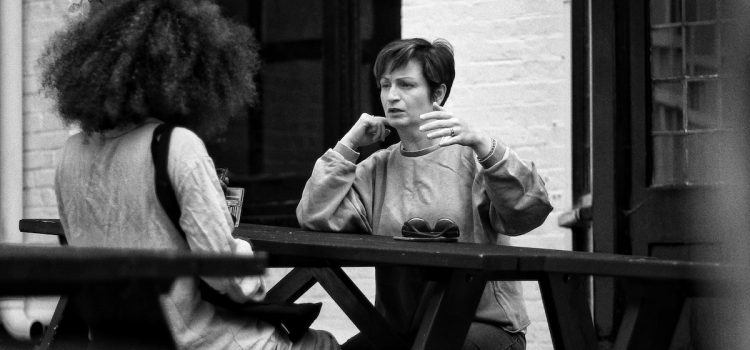Is there a creator? Was the universe designed? Where does the weight of evidence lie? Either the universe was created, or it’s here by chance. Mo Gawdat argues that the materialist view is so improbable that we’re left with the likelihood of intelligent design. He believes that this is a good reason for us to be happy. Continue reading to understand Gawdat’s argument.
Is There a Creator? Why It Might Be the Most Likely Possibility










